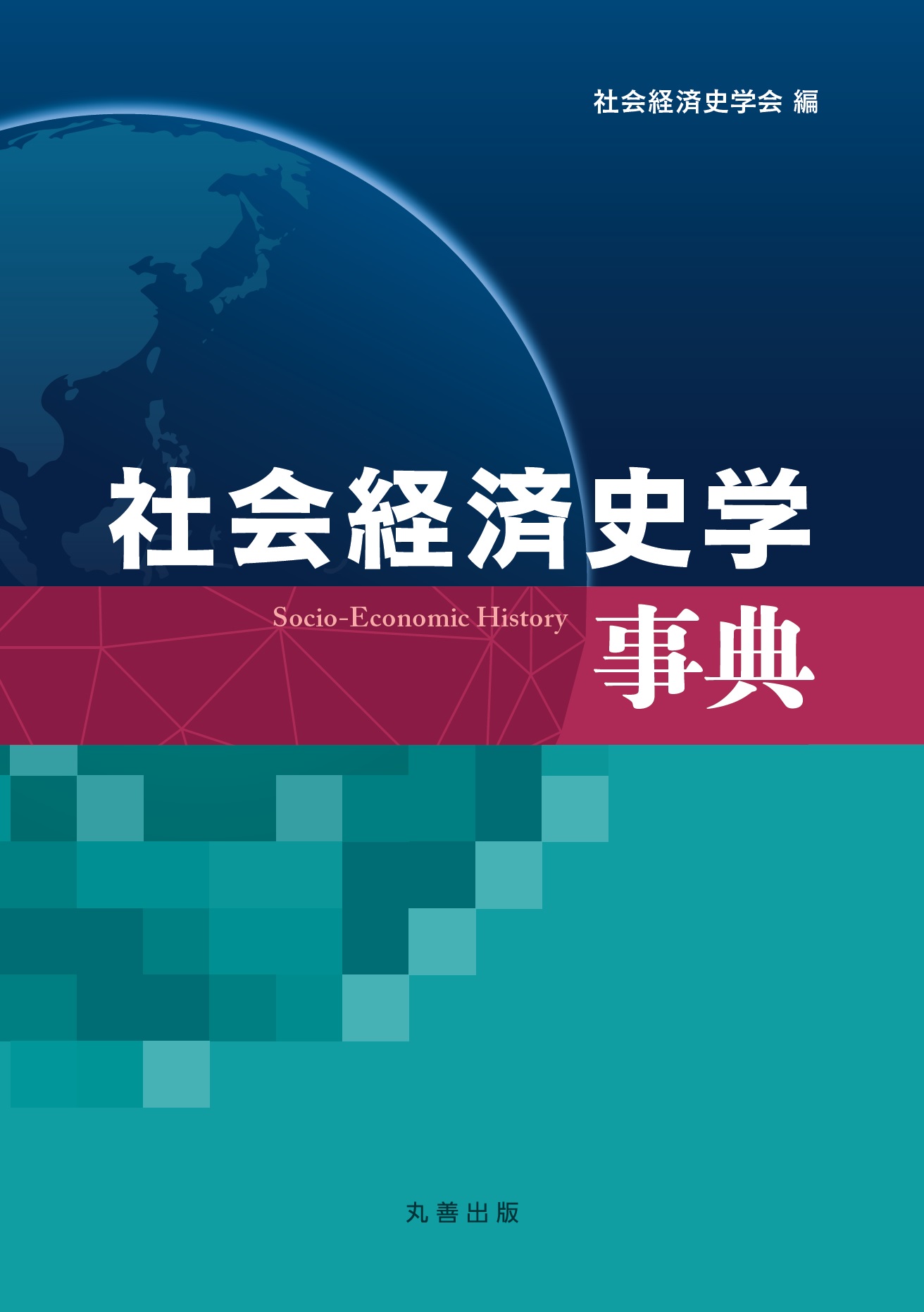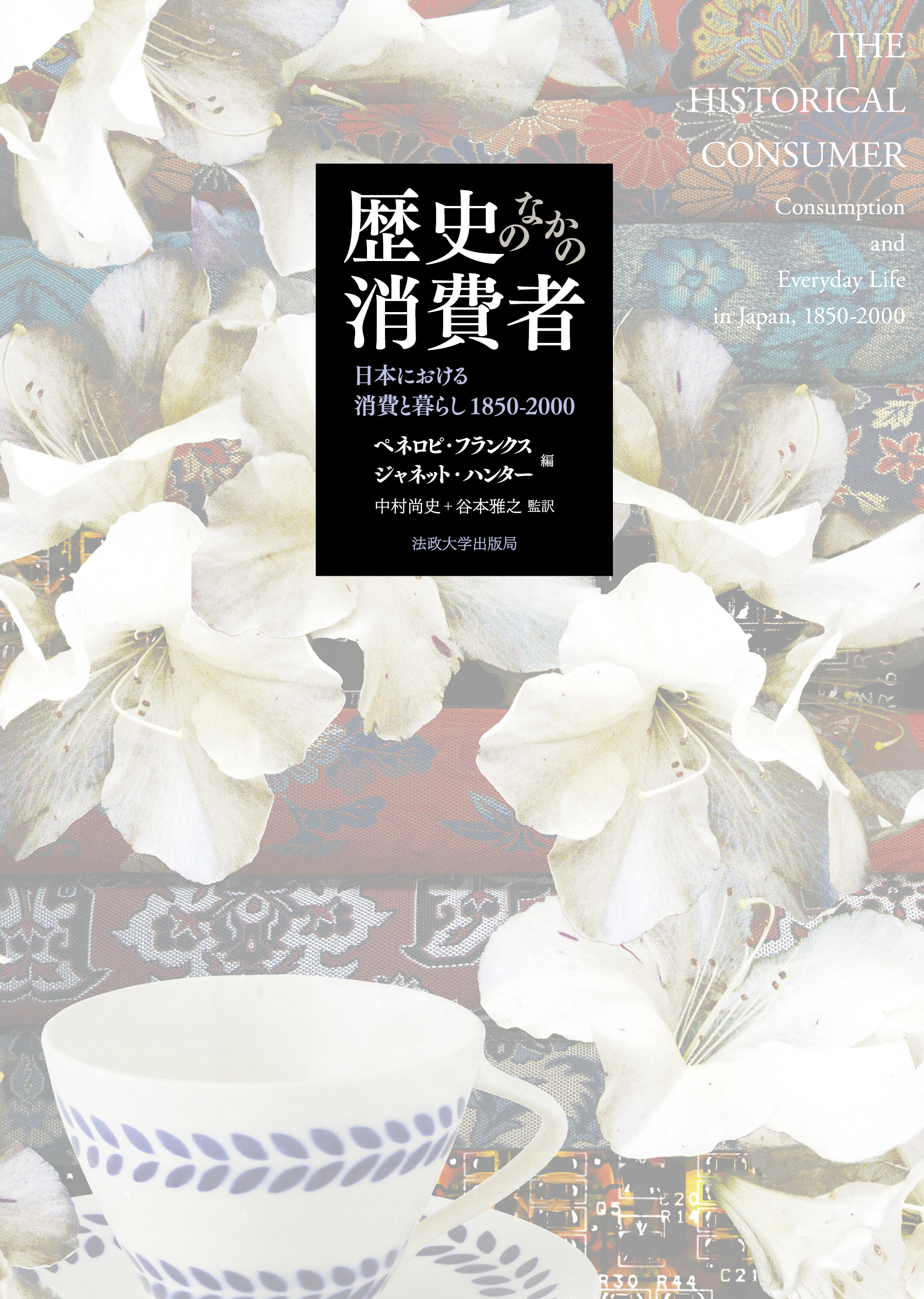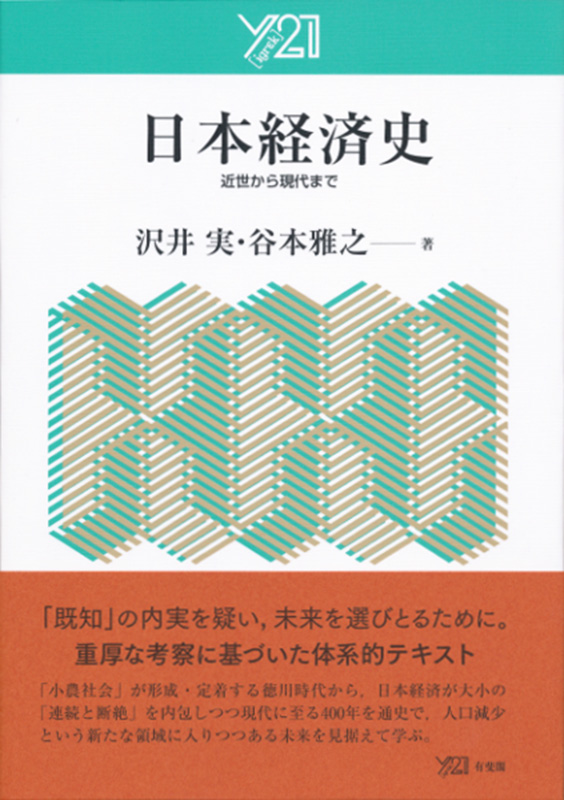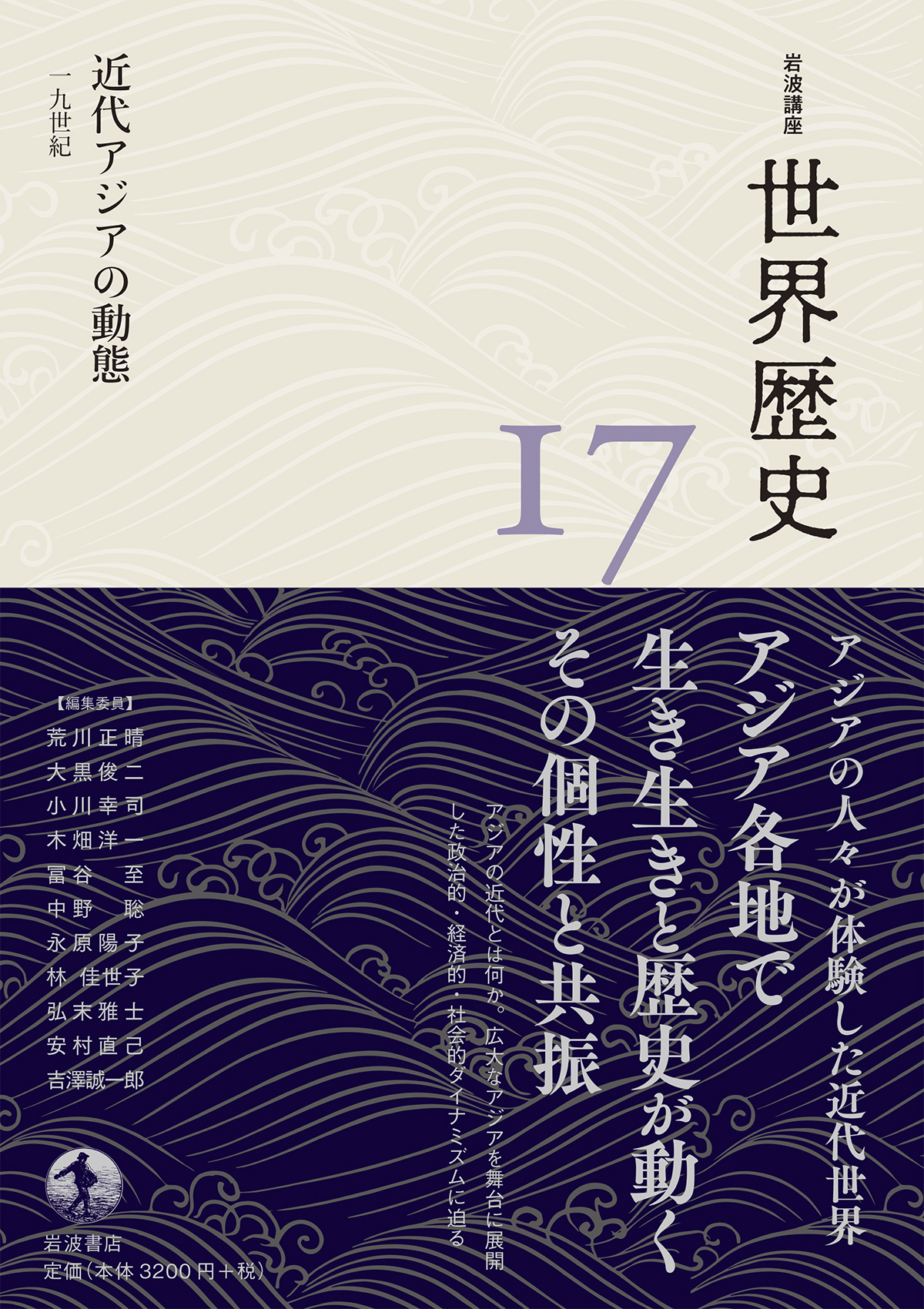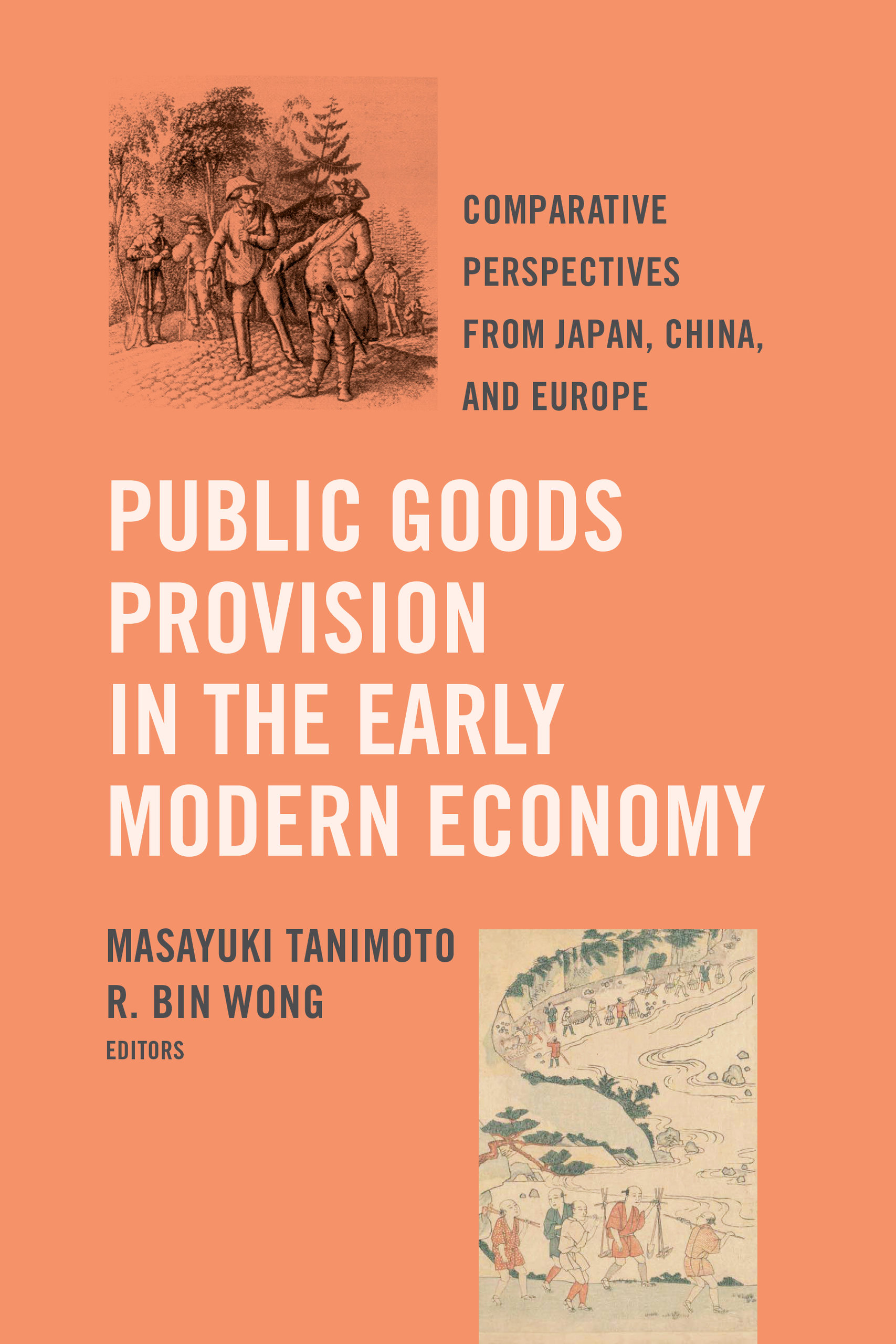
Title
Philip E. Lilienthal Imprint in Asian Studies Public Goods Provision in the Early Modern Economy Comparative Perspectives from Japan, China and Europe
Size
348 pages, paperback
Language
English
Released
January, 2019
ISBN
9780520303652
Published by
University of California Press
Book Info
See Book Availability at Library
Japanese Page
Historically, people have obtained goods and services through various means for sustaining and reproducing their economic lives. Although market transactions have taken a central position in the present economy and historical research has tended to stress this feature considering the interest in economic growth, we must consider the possibly significant roles of non-market activities to grasp the entire picture of people’s lives in both the past and the modern world. How did people tackle issues that the market did not handle well? To what extent did their approach to finding solutions to economic challenges reflect their political and social institutions as well as the structure of their economy? The present volume explores these questions by investigating efforts regarding the provision of “public goods” in early modern economies from the perspective of comparative socio-economic history.
The concept of “public” in this volume denotes the sphere in which people obtain goods and services for their lives through neither market transaction nor direct provision based on “personal” relationships. The latter include the relationship between a lord and his subjects as well as family or kinship ties. This concept of publicness is defined in contrast to the “market” as well as “personal” relationships, not in relation to the specific characteristics of providers such as government or state. In fact, this volume considers non-marketed goods that involved the government as one of several actors. Quite a few goods and services were supplied in early modern societies by various kin groups, communities, lords, and governments to sustain and reproduce the economic lives of ordinary people. By taking up the following three fields—all of which were apparently essential for sustaining and reproducing people’s economic lives in the early modern economy—this volume relativizes the role of states and the market/state dichotomy emphasized in the present literature.
This book invites the reader to first learn some basic practices responsible for public goods provision in early modern Japan and then takes them through three substantive areas of activity—poor and famine relief, infrastructure building, and forestry management, leading with Japanese examples and providing both European and Chinese examples for comparison. We take advantage of the rich scholarship on the Tokugawa era (1603–1868) to take Japanese public goods provision as our benchmark case. Part I provides a concentrated introduction to Japanese practices to help readers form the frame of reference for considering poor relief, infrastructure, and forest management in Parts II–IV. Through this volume, we propose a baseline for approaching the question of how the structure of public goods provision in the early modern economy affected the diversity in public goods provision by the modern state, and to what extent.
(Written by TANIMOTO Masayuki, Professor, Graduate School of Economics / 2020)
Table of Contents
(Masayuki Tanimoto)
Part I: Public Finance and Regional Society in Early Modern Japan
Part I Introduction (Masayuki Tanimoto)
Ch.2 From “feudal” lords to local notables: The role of regional society in public goods provision from early modern to modern Japan (Masayuki Tanimoto)
Ch.3 Samurai and peasants in the civil administration obf early modern Japan (Kenichiro Aratake)
Ch.4 Outsourcing the lord’s finance: the origin of local public finance in early modern Japan (Kazuho Sakai)
Part II: Coping with Poverty and Famine
Part II Introduction (Mitsuo Kinoshita)
Ch.5 Sanctions, targetism, and village autonomy: poor relief in early modern rural Japan (Mitsuo Kinoshita)
Ch.6 Coping with risk in the seventeenth century: the first age of the English Old Poor Law: a regional study (Jonathan Healey)
Ch.7 Coping with poverty in rural Brandenburg: the role of lords and state in the late eighteenth century (Takashi Iida)
Ch.8 Coping with poverty and famine: material welfare, public goods, and Chinese approaches to governance (R. Bin Wong)
Part III: Building the Infrastructure
Part III Introduction (Masayuki Tanimoto)
Ch.9 The development of civil engineering projects and village communities in seventeenth to nineteenth century Japan (Junichi Kanzaka)
Ch.10 Rulers and ruled in flood protection during the eighteenth century: the Prussian example (Heinrich Kaak)
Ch.11 Infrastructure maintenance in the Jifu region, Beijing metropolitan region during the eighteenth century (Takehiko To)
Ch.12 Provided for public welfare: traffic infrastructure and "the bonum commune topos" with examples from fifteenth and sixteenth century Brandenburg Electorate (Sascha Bütow)
Part IV: Managing the Forest
Part IV Introduction (Takashi Iida)
Ch.13 Lords’ forestry for people’s basic needs: evidence from Prussia’s royal domains
and forests during the eighteenth and nineteenth centuries (Takashi Iida)
Ch.14 The role of villagers in domain and state forest management: Japan’s path from Tokugawa period to the early twentieth century (Takeshi Aoki)
Ch.15 Forests as commons in early modern China: an analysis of legal cases (Yoshiyuki Aihara)
Ch.16 Public goods and economy in the early modern era: new perspectives on modern
economies and contemporary environmental concerns (R. Bin Wong)
Related Info
This volume has been published under the open access scheme. You can download the whole volume from the following website free of charge.
https://www.luminosoa.org/site/books/10.1525/luminos.63/
Book Review:
Melanie Meng Xue "Masayuki Tanimoto and R. Bin Wong (eds.), Public goods provision in the early modern economy: comparative perspectives from Japan, China, and Europe" (Economic History Review, volume 73, issue 1, pages 335-336, February 2020)
https://onlinelibrary.wiley.com/doi/full/10.1111/ehr.12951
"With new global evidence that goes well beyond the timeworn topics of taxation and military spending, Public Goods Provision will make historians and social scientists rethink the development of fiscal systems, the history of public spending, and the long run pattern of political and economic development."—Philip T. Hoffman, author of Why Did Europe Conquer the World?
“This pioneering volume is a comparative study of the role of government in the premodern economy in Europe and in Asia. There is much original and valuable material on whether and how governments provided public goods in these very different societies.”—Gregory Clark, author of The Son Also Rises: Surnames and the History of Social Mobility



 Find a book
Find a book


 eBook
eBook